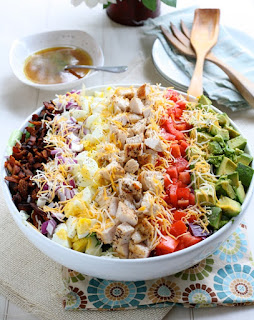Mutated genes or disease carriers are hereditary and they increase the probability of one contracting cancer
However, is
it really worth the expenses of doing such tests, even acting on the results?
Some health experts think that Jolie was being rash, rather than brave and
decisive, for a few good reasons.
What is Cancer Genetic Testing?
In some
cancers, the risk of obtaining it increases when the body carries genes with
some specific properties or mutations. In the case of breast cancer, women
with mutations in the genes BRCA1 or BRCA2 are five times more likely to be
diagnosed with breast cancer and up to 28 times more likely to be diagnosed
with ovarian cancer, according to the National Cancer Institute (NCI). A
Cancer Genetic Test helps to identify whether one is a carrier of the mutation.
Nevertheless, it should be emphasized that a carrier of the mutation may not
necessarily be struck with the cancer in his/her lifetime. The risk is simply
higher.
Why some health
professionals don’t recommend jumping into it.
Tests are not infallible, and a false positive result, which
in the first place, does not confirm the possibility of a cancer regardless of
its accuracy, may cause needless surgery, surgery risks, medical expenses and
psychological stress. Furthermore, surgery simply reduces, but does not
eliminate cancer risk.
Evaluating your personal and family medical history before
attempting further tests or action is a more reliable and economical
alternative.
The National Cancer Centre Singapore (NCCS) has a
specialised Cancer Genetics Service, which includes evaluation of personal
medical history and family background, physical examination, specific genetic
tests if necessary, education and health planning. The services can also be
extended to at-risk family members.
Monitor your condition
Surgery is not the only viable option to reduce your risk of getting cancer. If you are in the high risk group, understand the symptoms, and monitor your health condition. Attend regular health screenings and check ups. Cancer, if any, when detected early, can be treated more easily and at less cost. Some health insurance plans cover medical screenings. AIA’s Wisdom for Women for example, offers free medical check-ups once every 2 years from the 3rd year of the policy.
Above all, lead a healthy lifestyle and keep your spirits up. With today’s medical advances, cancer is no longer an end to life. For some, it may even be a beginning of a new journey!
Sources:




